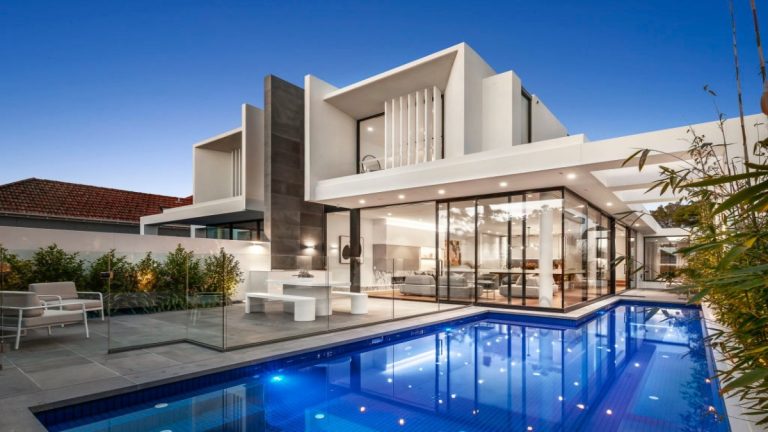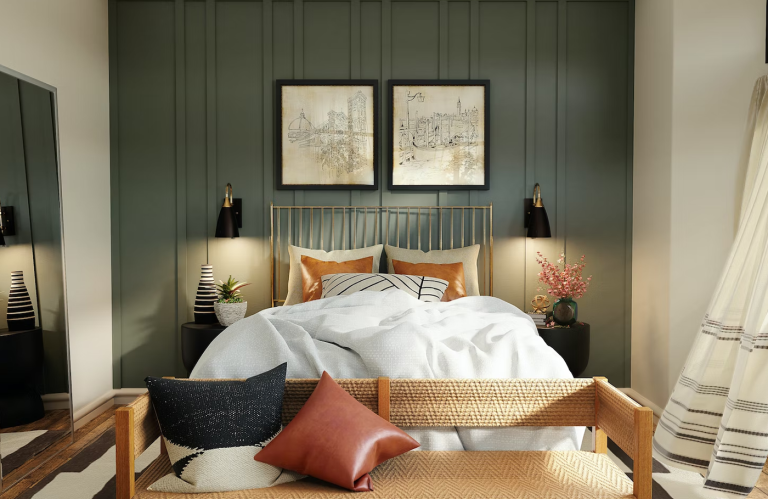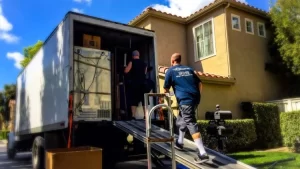Buying a home for the first time is a complicated process. You’ll have to figure out which neighbourhood best suits your interests, find the perfect home in your price range, and learn about the different types of mortgages. Get all the information here https://www.jithomebuyers.com/la/new-orleans/.
So we thought that in addition to answering your questions about mortgages, we’d share some other ideas that might come in handy when you buy your first house.
The massive majority of first-time home buyers purchase a home with a 30-year fixed-rate mortgage. The only exceptions are those buyers with substantial equity in the house they’re selling or willing to put down the cash and buy. Buying with a money or down equity payment is difficult and often impossible, so we can’t help with that scenario.

Most buyers get FHA loans (Federal Housing Administration) and VA loans (Veterans Administration). And while they do come with certain advantages, they also have certain disadvantages. We’ll talk about FHA and VA loans in more detail later, but for now, please understand that there will be limitations to what you can do with a mortgage loan.
Understanding the difference between mortgages is essential. Each loan comes with different benefits and different risks. You’ll learn about the all-important down payment and how much you’ll need to buy your first home.
Each mortgage is different, but there are two main types: fixed-rate and variable-rate. Fixed-rate mortgages are the most common form of financing used by home buyers because they offer protection against future increases in interest rates. If rates rise, your monthly payment will remain the same since it was determined when you purchased your home (though, in some cases, you may be able to refinance).
The risk with a fixed-rate mortgage is that rates may fall after you purchase your home. You could refinance at a lower rate and save money on your monthly payments, but you’ll have to pay points on money borrowed. These points represent the lender’s fee for using their money.
Variable-rate mortgages allow you to take advantage of lower interest rates when they fall without any restrictions. Down payments are higher on variable-rate loans, but there are also no points to be paid upfront – the only cost will be the interest you spend on the loan until it is paid off.












